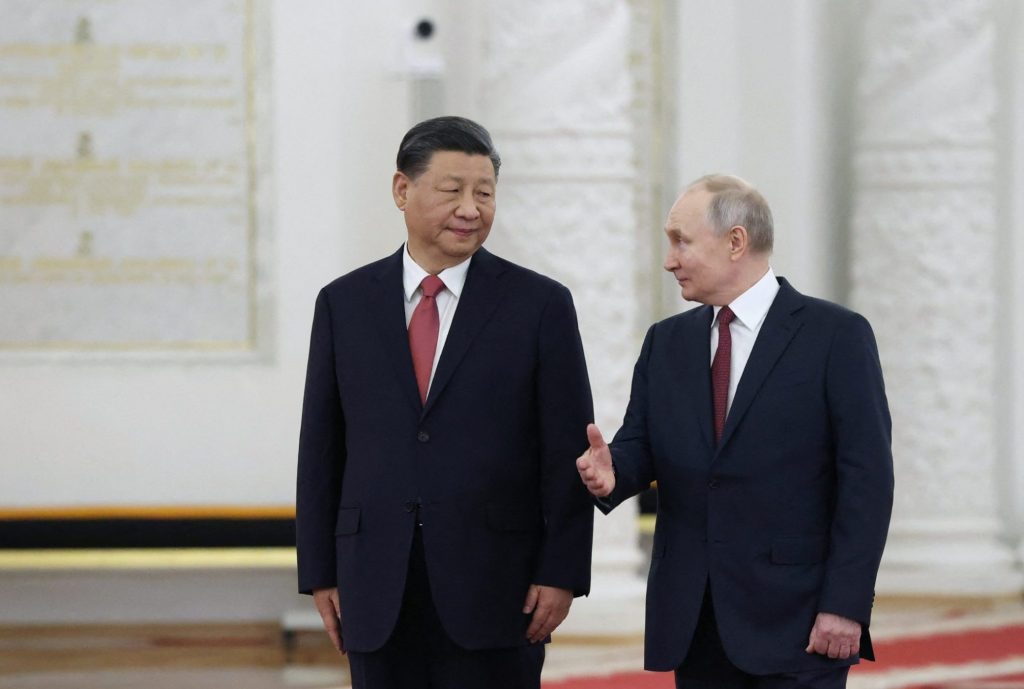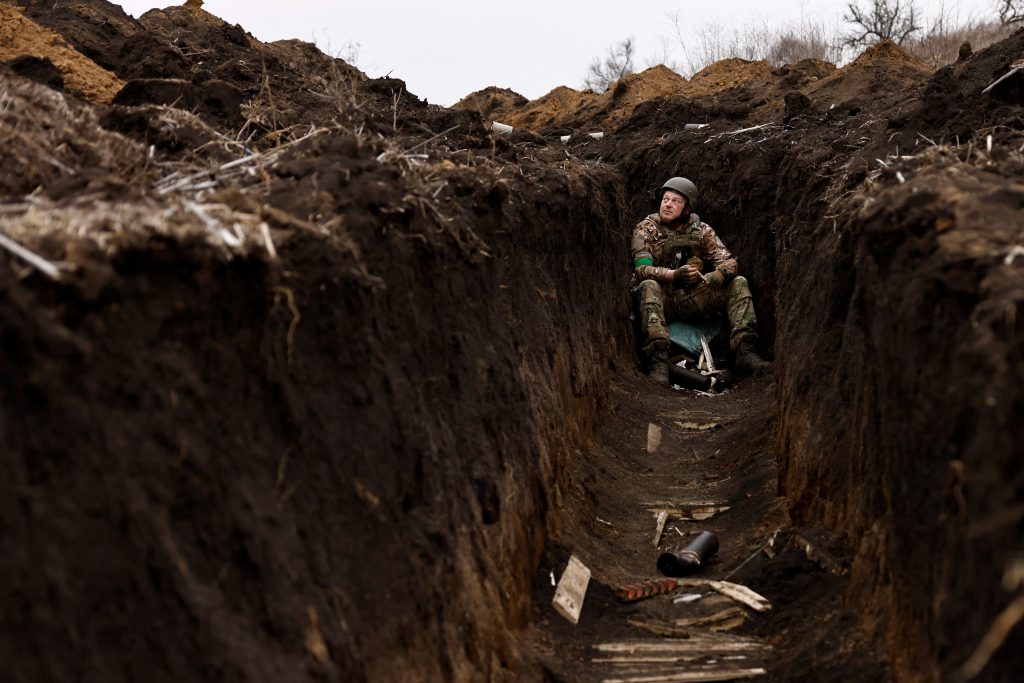by John F.W. Rogers and Frederick Kempe
Vladimir Putin’s war in Ukraine has brought into sharp focus a new era of global competition, one that has shaken the post-World War II order of international rules and multilateral institutions. It has also exposed the fragility of global trade ties, which expanded after the Cold War. The conflict in Ukraine, however, is only a partial driver of larger geopolitical uncertainty.
The rise of China as a global superpower poses an even greater systemic threat to the world order established by the United States and its allies. The Chinese Communist Party, under the leadership of Xi Jinping, has its own ambitions for shaping the next generation. Tensions between China and the United States, which for so long loomed in the background, now shape our public policies and everyday reality.
Between Russia’s invasion and the souring US-China relationship, the post-World War II order has never been more threatened.
But these challenges have also brought moments of inspiration as well. The Ukrainian people, who many—chief among them Putin—believed would fold under direct invasion, have demonstrated remarkable courage in thwarting the attack on their homeland and democracy. Heightened global tensions have also breathed new life into transatlantic institutions and partnerships.

As an Atlantic Council community, we can be encouraged by how our organization is rising to the moment. We have provided action-oriented solutions for protecting Ukraine’s sovereignty and freedom, and we have also made clear why this war and the US-China rivalry are struggles over what forces, principles, and practices will guide the global future.
The task now before the Atlantic Council is not just to diagnose this geopolitical moment, but also to spur the United States and its partners to enhance their collective efforts to shape a better, more prosperous world.
After more than fifteen years of steady growth and programmatic expansion, the Atlantic Council continues to evolve and produce impactful work. This annual report offers an opportunity to take stock of the mission and purpose of the organization, now in its sixty-second year.

We are proud that, despite the shocks of the pandemic, a global economic slowdown, and stock market turmoil, the Atlantic Council in 2022 delivered its third successive year of record-breaking financial results. Our performance underscores our ongoing relevance and impressive ability to adjust to a dynamic world.
The task now before the Atlantic Council is not just to diagnose the geopolitical moment in which we find ourselves, but also to spur the United States and its partners to enhance their collective efforts to shape a better, more prosperous world.
Thank you for your support of the Atlantic Council’s purposeful, nonpartisan, values-driven work. Our community is stronger because of you.
Sincerely,


John F.W. Rogers & Frederick Kempe
